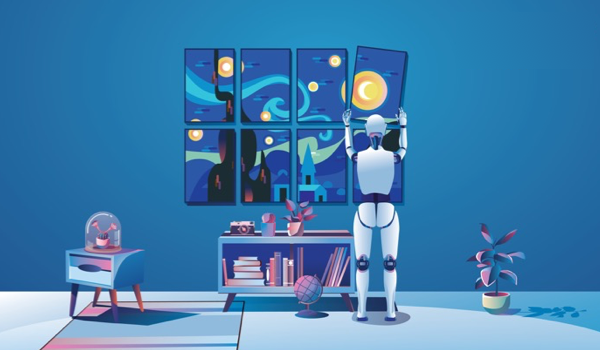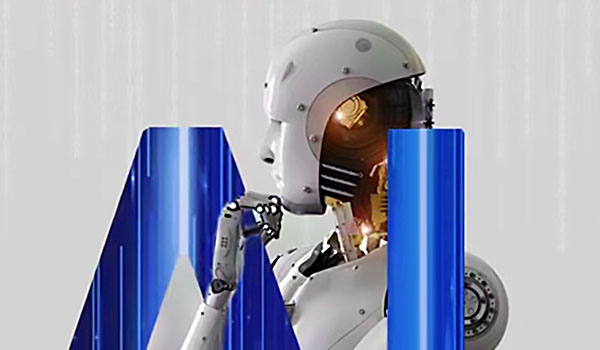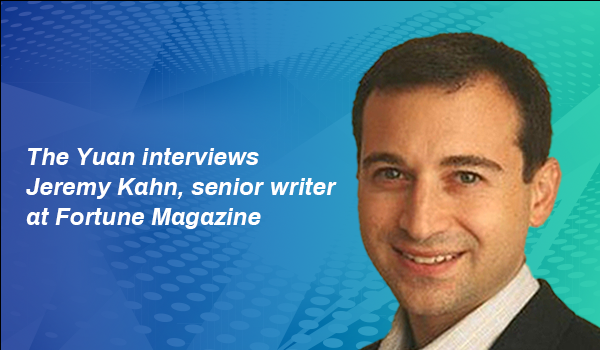

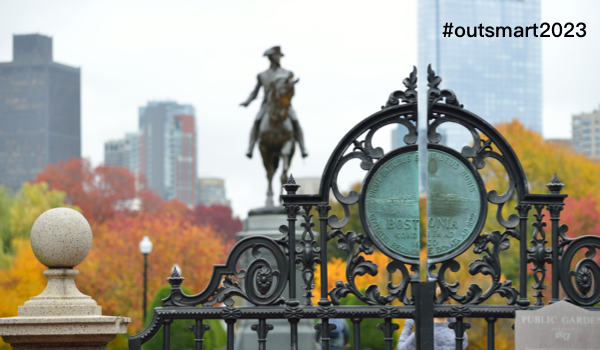
Day 6
Day six of The Yuan’s voyage of intelligent discovery makes landfall at Massachusetts Bay. Boston was founded in 1630 by Puritan settlers fleeing religious persecution in England and named for a town in the east of the mother country from which many hailed. The Pilgrim Fathers hoped to create a ‘city on a hill’ - a radiant model of a godly society for the world. They saw their flight as a fight between good and evil. ‘Good AI’ may one day ally with humanity to combat ‘evil AI,’ in the view of David H. Freedman, an award-winning science journalist covering health and technology, contributor to Scientific American and Forbes, and author of a book on AI, who calls into question the very assumptions underpinning a time when AI outwits humans.Shifeng Wang
Chief Editor, The Yuan
BOSTON - Should the world be worried that some of the best-known leaders and innovators of artificial intelligence (AI) are warning that it threatens human existence, even as Microsoft is claiming that its AI is developing distinctly human modes of thought? Or should people take solace from those who insist that AI is just another tool, and one that is not good at many things, or even all that good at those few things, either?
The AI-as-weapon-of-mass-destruction and AI-as-smart-hammer narratives are both predicated on the common assumption that AI operates - and will continue to operate - as an entity that is entirely distinct from humans. Whether AI is a clever tool or a rival to humans, the notion here is that AI will advance on a parallel track that is disconnected from who humans are, what they do, and what they want. As it does so, it will be increasingly inserted into people’s current ways of working, either serving humans or taking their place.
One way that that assumption of separate and parallel AI development plays out is in the ways people consider its healthcare applications. The most common approach to exploring and discussing medical AI is to turn it loose on images or other patient data to look for abnormalities or make diagnoses, and then compare its performance to that of clinicians. These discussions usually move off into speculations on how useful these tools could become as they improve, serving as a
The content herein is subject to copyright by The Yuan. All rights reserved. The content of the services is owned or licensed to The Yuan. Such content from The Yuan may be shared and reprinted but must clearly identify The Yuan as its original source. Content from a third-party copyright holder identified in the copyright notice contained in such third party’s content appearing in The Yuan must likewise be clearly labeled as such. Continue with Linkedin
Continue with Linkedin
 Continue with Google
Continue with Google
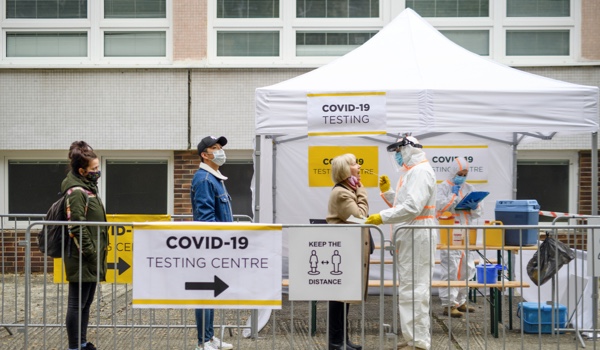
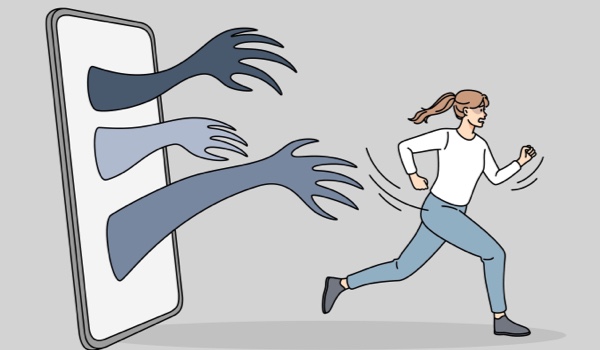







 1202 views
1202 views





